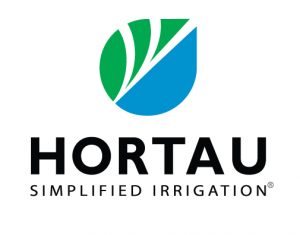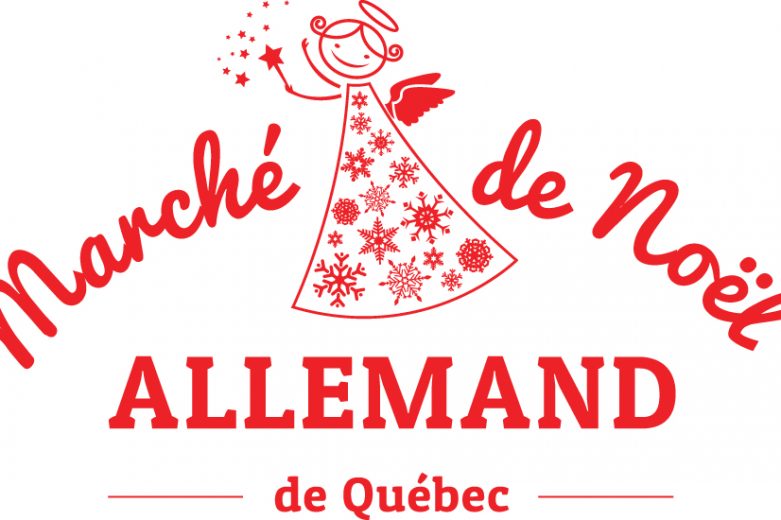
Hortau Québec (hortau.com) has received a $5.9 million subsidy from Innovation, Science and Economic Development Canada through the Sustainable Development Technology Canada (SDTC) program. The funds will help the company further develop its technology to help farmers maximize performance while minimizing environmental impact.
“All of our research and the work of Hortau’s 80 or so employees in Canada and the United States is based on the premise that agriculture uses 40% of earth’s habitable land and 70% of its water resources,” said Jocelyn Boudreau, Hortau co-founder and CEO. “More than seven and a half billion people depend on agriculture for their health and survival. Every sector of the economy depends on it too. The global population will reach 10 billion in 2050, and according to the UN, if we do not manage to produce more food with less water and less farmland, it will take two planets to feed everyone.”
Hortau’s goal is to develop the first predictive and global monitoring tool for crop production in order to substantially boost output and productivity while reducing inputs such as water, fertilizer, pesticides, and energy. This new so-called multivariate technology redefines needs, diagnosis methods, and agricultural intervention strategies using fully digital technology with real-time, continuous measurements. It also significantly reduces the inputs, pollution, and greenhouse gases for a given harvest volume. Hortau was the Internet of Things pioneer for agriculture and has been developing this approach since 2002.
In 2018 there will be two multivariate technology development sites established in Canada and three in the United States. Both Canadian sites are being developed as consortium partnerships—one with Drummondville potato farm Les Fermes Tri‑Jardins and the other with St‑Bernard hop producer Houblon des jarrets noirs (in the Beauce region). In the United States, one of the sites will be in partnership with Western Potatoes, a potato producer in Colorado and Nebraska. A number of research centers and two California growers (almonds and grapes, respectively) will also be involved in the project as strategic partners.

Added Boudreau, “Our new technology has clear environmental and economic benefits for growers and will benefit the many Canadian businesses that serve our Lévis production center, where more than 45 people work on development, assembly, and support for our technology.”
With the company’s anticipated growth, Hortau and its numerous suppliers are expected to create plenty of quality jobs in Quebec and the rest of Canada. Hortau’s Lévis workforce is expected to at least double in the next five years as this new technology is rolled out. Today’s market is dominated by high-value irrigated crops (such as fruits, nuts, and vegetables). Hortau plans to pursue its international expansion in the next few years by creating strategic partnerships with major players in the agricultural industry.
The technology developed by Hortau was recognized repeatedly in 2017 and won the 2017 North American Smart Irrigation New Product Innovation Award, presented by Frost & Sullivan at its Growth, Innovation & Leadership Awards Gala. Hortau is also on the 2017 Global Cleantech 100 Ones to Watch list, which recognizes up-and-coming companies that are catching the eye of investors. The list includes more than 12,300 companies from around the world. The company was also named to the THRIVE AgTech Top 50 list of companies shaping the future of agriculture for 2018, as reported by AgFunder News.

